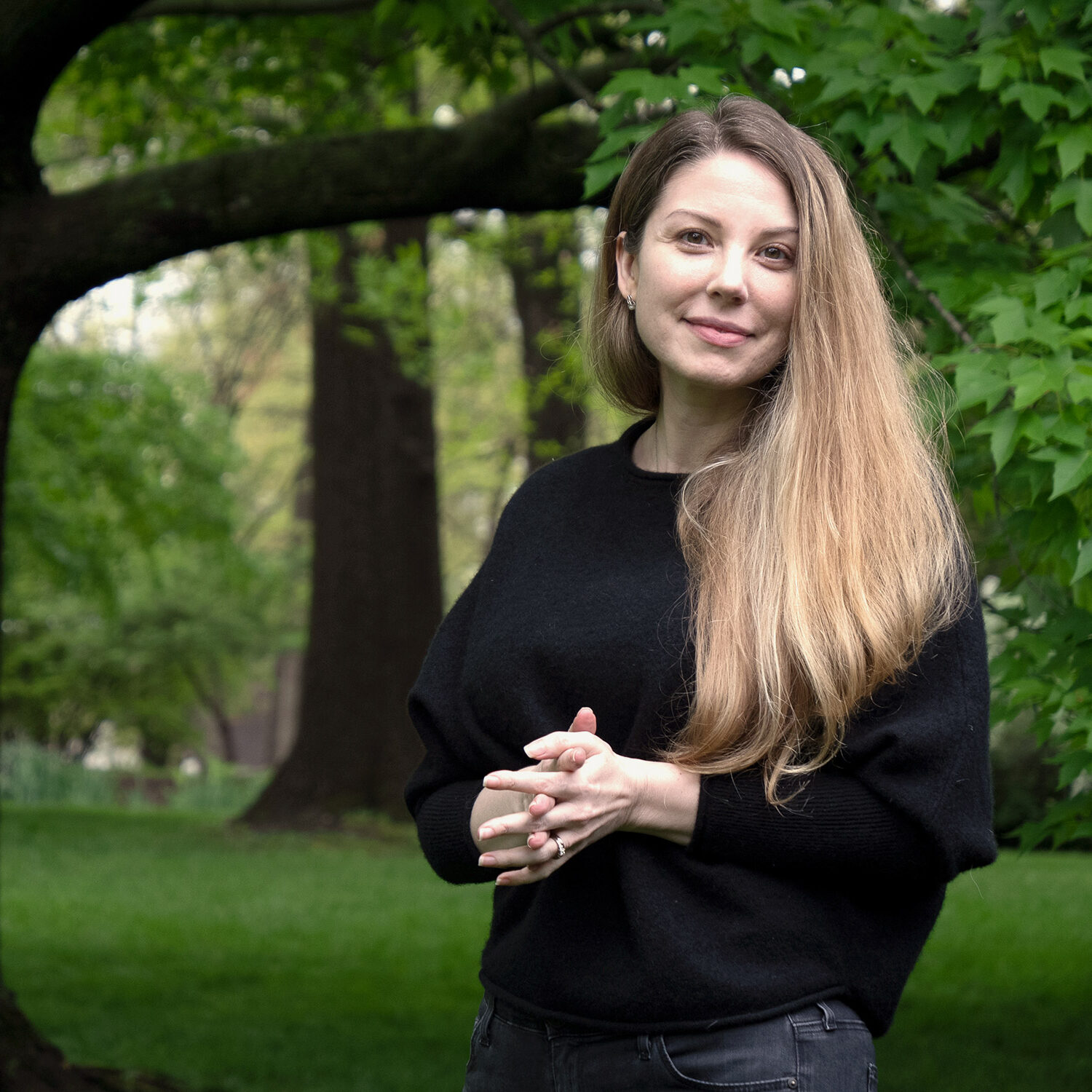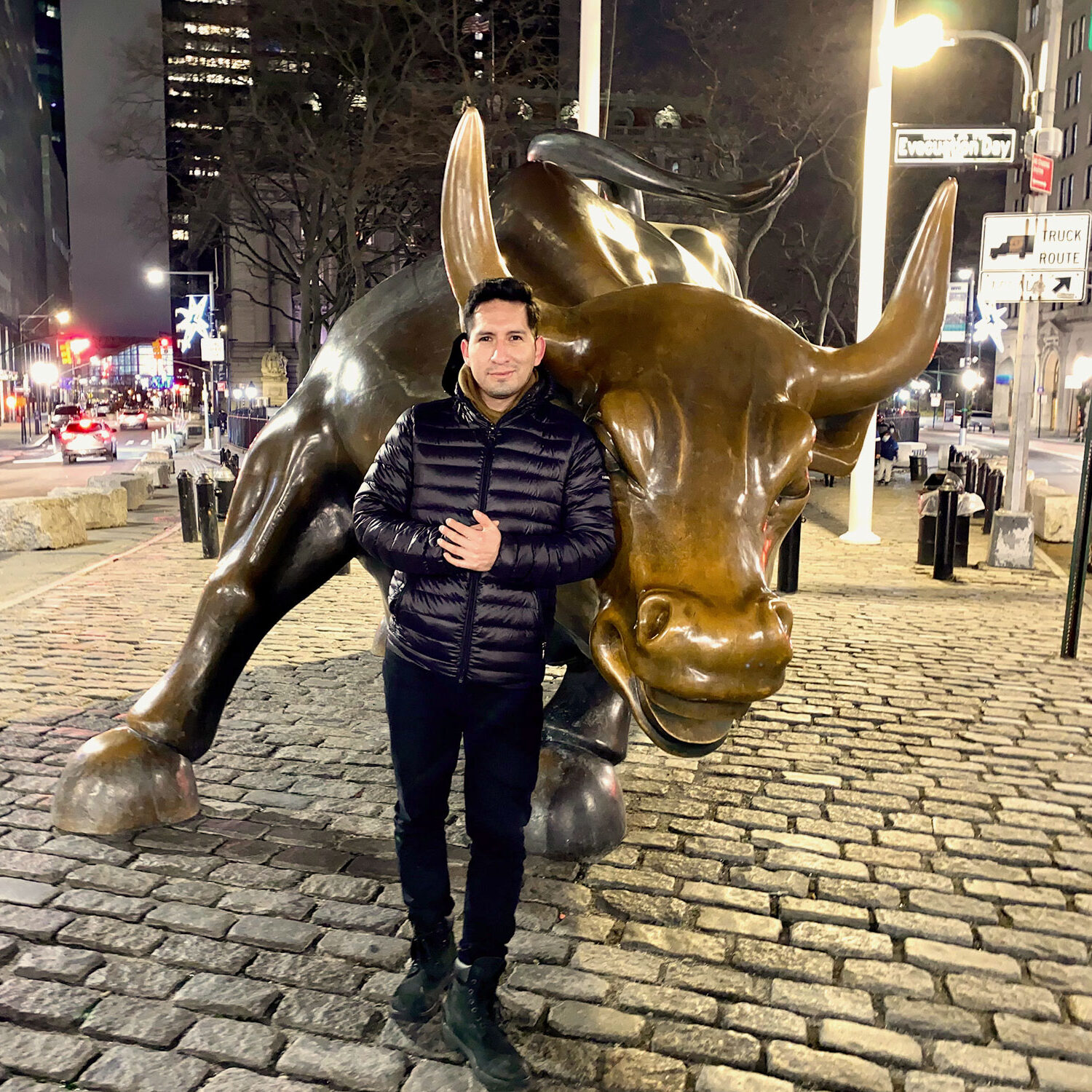Why did you decide to earn a degree at Harvard Extension?
There were several reasons: I’d been prohibited from attending college as an adolescent due to my parents’ religious beliefs, so attending an Ivy League college was a long-held dream that I kept alive as a secret for many years. When I finally broke away from that background, I focused heavily on learning how to help people think critically so that others would be more equipped to avoid the fate of my family, many of whom are still battling the cult-like indoctrination I managed to escape from. Harvard Extension was the only Master’s program in industrial-organizational psychology that incorporated Harvard’s cutting edge leadership perspectives which are so focused on the human, psychological aspect of leadership. I’d spent years reading leadership books from experts who either studied at or worked with Harvard; Harvard’s Center for Human Flourishing was what made me definitively decide this was the right place for me.
How has/will your HES experience help you in your career or personal development?
The reinforcement of my people-centric approach to leadership, particularly amidst constant change in the world, has been invaluable. Many of my professors structured their learning experiences based on small group breakout and class-long cohorts, which resulted in real human connection and deep learning from each other. I have taken not only the books and journals we’ve read, but the learning approaches we used, and utilized them with my leadership teams. This introduced my people to new ways of thinking about how to help people work together, adapt to change, and grow, which is ultimately the most important thing we can do well as leaders.
What was the most challenging aspect of your time at Extension? What was the most rewarding?
The most challenging aspect was honestly just overcoming the fear of being a Harvard student—and figuring out what is really needed to get the most out of the experience. My first few classes I read every single word of every single scholarly journal and I took notes in every single moment of class. I nearly burned out, and I had to find my balance. The most rewarding moment was when one of my professors got excited about something I shared in class—that look they get when they know you’re really getting it. It made me happy to show them that yes, I really am getting it, and they’re doing a great job!
How did you manage to balance your studies with work and family responsibilities?
I decided that, aside from attending class itself, I would do all of my studying and homework on the weekends. Doing it at night was just too tiring for me after working all day. It also meant that five days a week, my family was basically operating like “normal.” My family knew that weekends were for me to do school work. It came down to proactive expectations management, and of course, rigorous time management. I also am not into watching TV shows or engaging in social media, so not having any of that competing for my time or headspace helped, too.
Do you have a favorite class or faculty member? Why?
This is such a difficult question since there were so many great faculty members that I had the privilege to engage with! The ones that stand out in my memory are Ayşe Yemişçigil, who teaches the Leading with Authenticity and Purpose class. She is amazing at teaching this subject matter, and I can honestly say she changed my life by helping me deeply explore my purpose. Chris Berlin who taught the Mindfulness, Meaning, and Resilience class is truly a gift to the Harvard community for the way he can connect seemingly esoteric concepts to real world experiences and challenges, and help us to truly find peace. I loved listening to Jack Demick’s jokes and strong opinions, and experienced his selfless support when the pandemic began. Jeff Steiner who teaches Work and Well-Being is fantastically helpful and passionate. The wonderful ladies who taught the People-Focused Organizations class, Jennifer Stine and Julie Jungalwala, introduced me to the book Helping People Change, which I now have all of my directors and managers study!
Do you have any advice for new students?
Pace yourself; it’s Harvard, but you’ve got this. Get to know your TAs, be kind to them, and do not hesitate to reach out to them for help! If there are Sessions, attend them if you’re struggling, especially if you miss the feeling of being in person. Sessions are smaller and laid-back, so you’ll get a dose of community, too.
Describe your Extension School experience in one word.
Wondrous.
*This interview has been edited for length and clarity.

